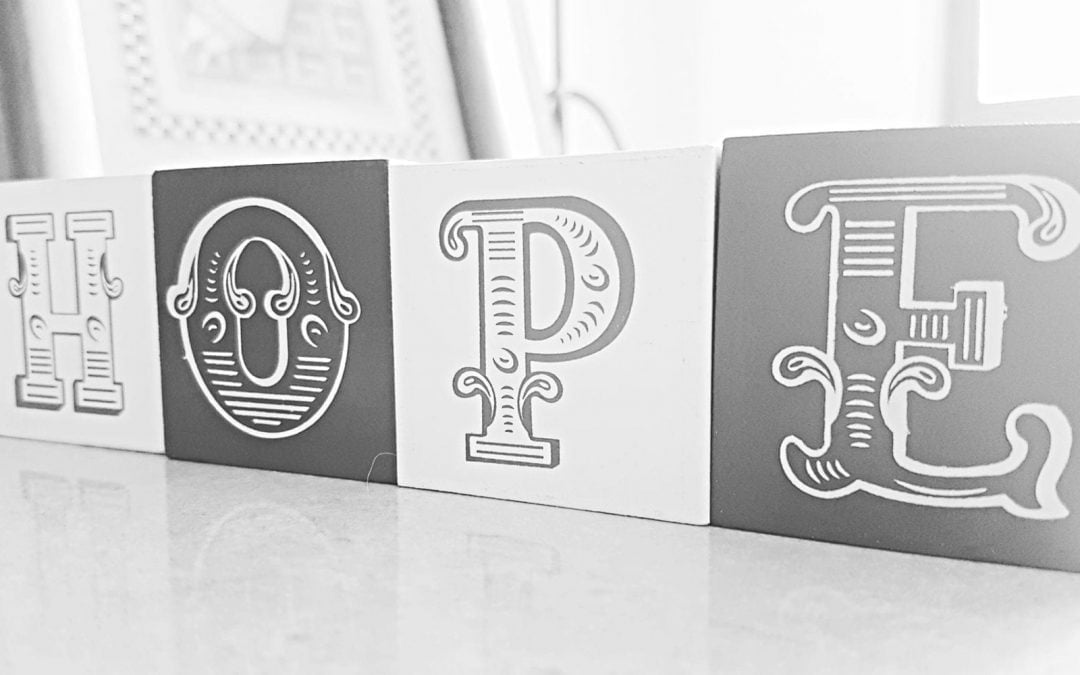Is it possible to pay attention to the give and take of our public life and not be vulnerable to a kind of hopelessness that sees no clear way out of the mire of dysfunction and hostility that we find ourselves in?
Daily reminders of the breakdown of community and its many causes leave little encouragement for a reconciliation of opposing commitments and a refocusing on a common good.
Is there a basis for hope in such a troubled time? If we say yes, maybe the answer is a different kind of hope from what we sometimes think.
A little over 50 years ago, German theologian Jurgen Moltmann offered his “Theology of Hope” as an effort to reorient eschatology from a preoccupation with “end times” and to refocus it in the present as an ever-creative midpoint between past and future.
His was an early work in what has been an evolution in the work of theology from interpretation of doctrine to engagement in the concrete challenges of life.
Liberation theologies and group identity theologies were beginning to emerge that would bring theological attention to expressions of oppression and neglect that had been a feature of theology in the first half of the 20th century.
This work was done with a fresh memory of Moltmann’s own experience with the idolatrous nationalism of Hitler’s Germany, and with the emerging awareness of racial, social and economic turbulence on the horizon of the late ’60s.
Insights from his study of hope have come to mind amid the feeling and expressions of hopelessness in the face of the fragmentation of our public life and the tragic expressions of our failure to function according to the “better angels of our nature.”
Where do we find hope amid daily reminders that all is not well and getting worse in the breakdown of systems designed to help us live together as a people?
Moltmann and many others have pointed us toward a biblical understanding of hope that distinguishes it from the optimism with which it is often identified.
Optimism is a good thing and most often a contribution to a healthy spirit for individuals and communities.
Norman Vincent Peale’s “The Power of Positive Thinking” has been a helpful guide for many enterprises and relationships.
But hope as a feature of covenant faith lived out in history has deeper roots than the outcome of particular circumstances.
The long history of the covenant community is a roller coaster of ups and downs of success/faithfulness and failure/unfaithfulness; the collection of wisdom writings of Proverbs, Job and Ecclesiastes reflects the creative dialogue between positive thinking and its critiques.
Optimism can mean confidence in the positive outcome of circumstances (“I believe we’ll have good weather for our picnic next Saturday” – a good perspective for making plans).
But hope reaches deeper into the quality of relationships (“If it rains, we’ll enjoy being together doing something else.”)
Theologically, a God of hope is not one who guarantees positive outcomes but one who is faithful to a covenant promise – “I will be with you” – whatever the particular outcomes.
Biblical hope connects with our present circumstances in its encouragement to see all three dimensions of history – past, present and future – as the arena of covenant faith.
The past is a given that cannot be denied and whose consequences must be faced.
The future is a vision of what can be for those who embrace the possibilities that come with life, while the present is the place where decisions (informed and influenced by our past) are made about what kind of future that will be.
There can be no denial of the policies and practices that have brought a people to their given place, and the prophetic voices that call out the injustice and evil of practices and systems must be heard and heeded if there is to be a healthy way forward.
A covenant vision that points to a different kind of future must also be articulated and embraced, and there are prophetic voices that encourage that as well.
In the present, choices small and large implement this transition from past to future, every day and in every way. Embracing and acting upon this possibility is the implementation of biblical hope.
Not only is hope the opposite of despair that believes nothing can be done; it is also different from the appealing pseudo-hope of nostalgia that believes if things can go back to the way they used to be, all will be good again.
Nor is it the equally pseudo-hope of apocalyptic thinking that waits for some divine intrusion to right the wrongs of history.
Biblical hope is neither a longing for a golden past nor a passive anticipation of a particular future. It is a courageous engagement with the realities of a present, with honesty and vision.
This kind of hope would seem to be an available option in every time.
Professor emeritus of religious studies at Mercer University, a member of Smoke Rise Baptist Church in Stone Mountain, Georgia, and the author of Keys for Everyday Theologians (Nurturing Faith Books, 2022).


